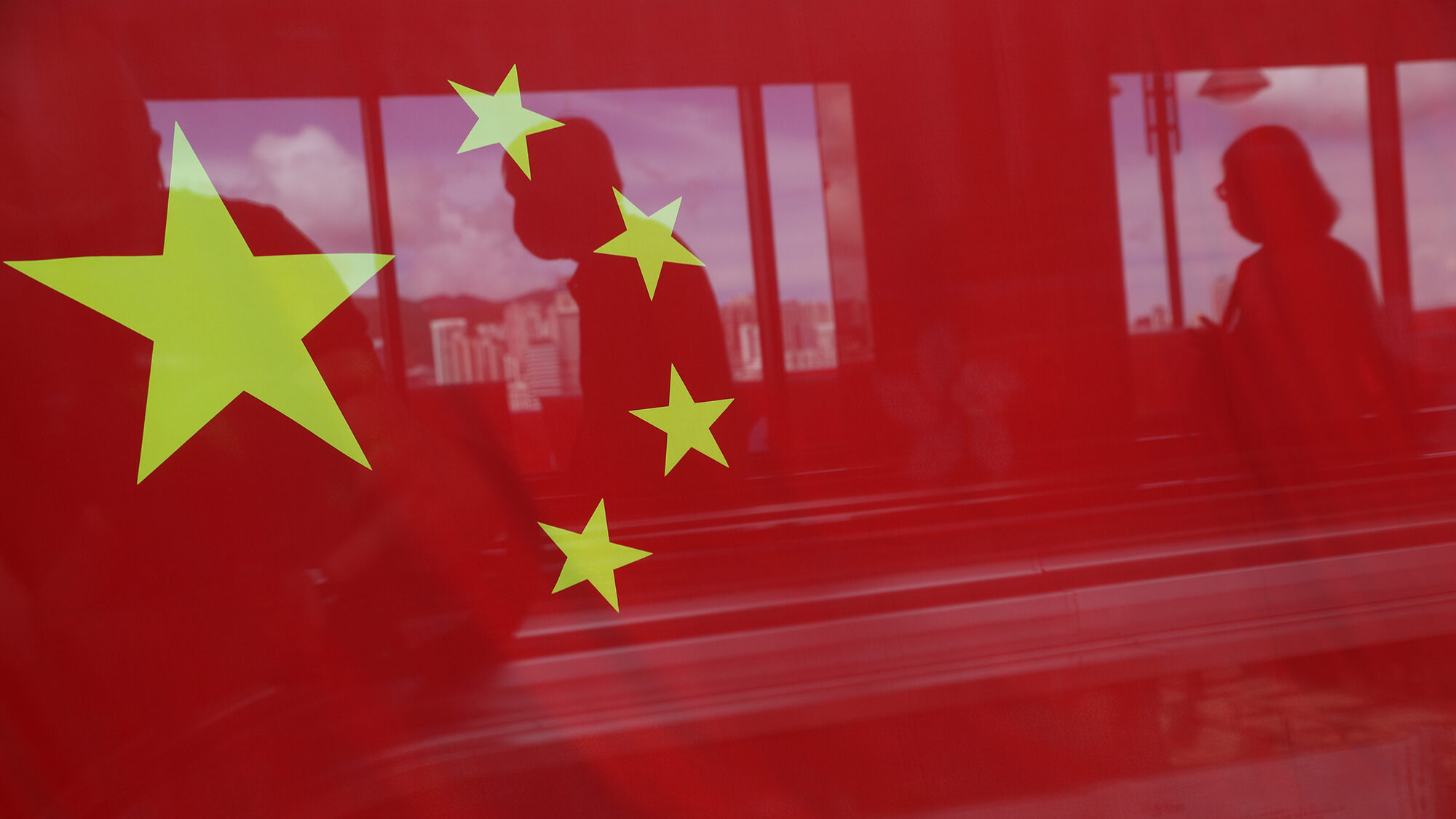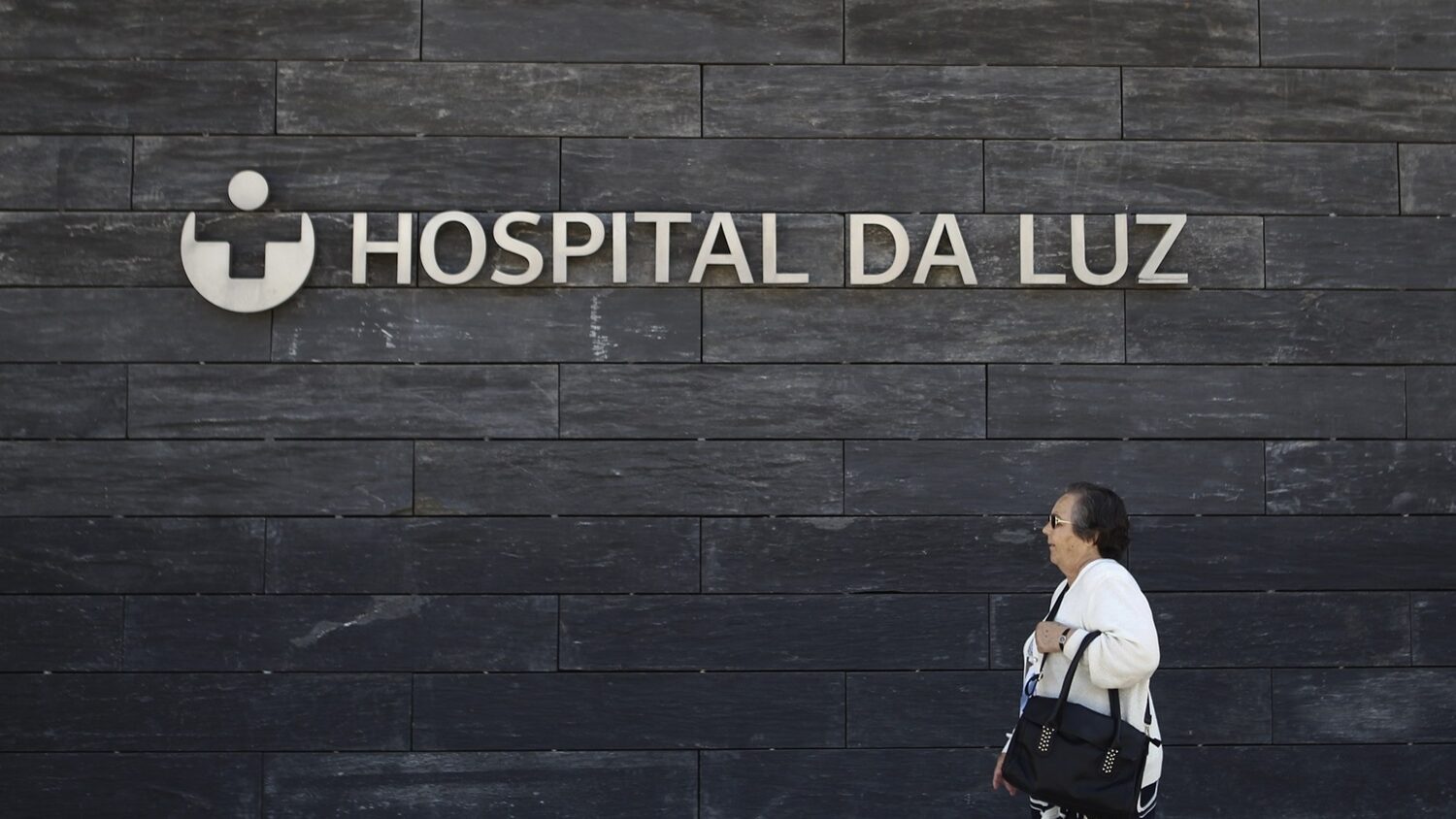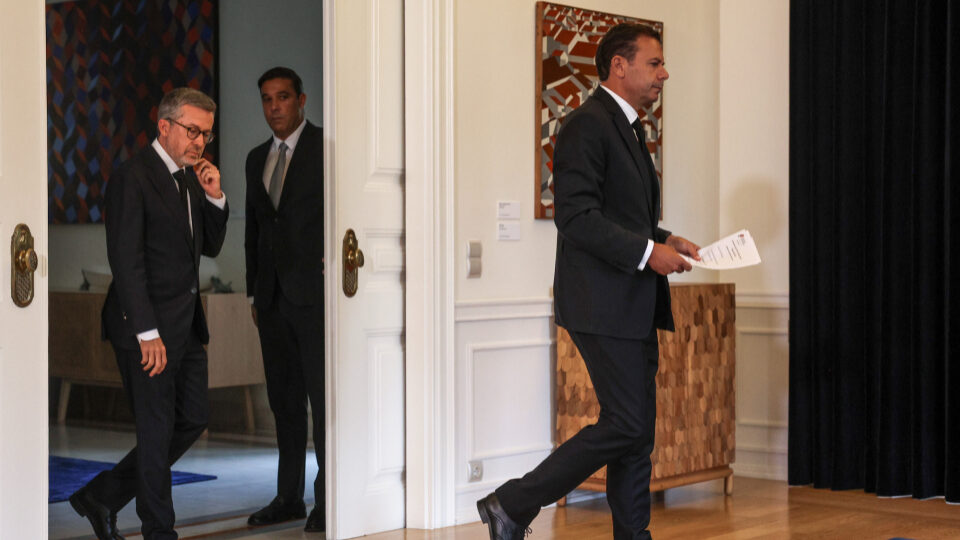Sale of Novobanco to French bank puts Crédito Agrícola on ECB’s radar
The group led by Sérgio Frade expected to come under direct supervision from Frankfurt in 2028 due to business growth, but this will happen sooner due to the sale of Novobanco to BPCE.
Crédito Agrícola expected to come under the direct supervision of the European Central Bank (ECB) in three years, as a result of its growth. However, this is likely to happen sooner than expected, due to the sale of Novobanco to the French group BPCE, according to several industry sources speaking to ECO.
With €26 billion in assets (2024 data), consolidating 67 regional banks, Crédito Agrícola is considered a ‘small’ bank in terms of size (a less significant institution, in the terms used by the ECB), which is why supervisory powers belong to the Bank of Portugal under the Single Supervisory Mechanism.
The group expects to exceed the €30 billion asset threshold in 2028, at which point it was aiming for changes in supervision from Lisbon to Frankfurt. This is because, once it exceeds €30 billion, it will be considered a “significant institution” and will therefore report directly to the ECB.
This was admitted by the former president of Crédito Agrícola, Licínio Pina, to the Expresso newspaper. “(…) We are the sixth largest [bank] in the system. We are on track to move to direct supervision by the ECB by 2028 if we maintain our targets”, said the official, who recently gave way to Sérgio Frade, former financial administrator, at the helm of the cooperative group.
However, the sale of Novobanco to BPCE should bring this timetable forward. Why? On the one hand, because Novobanco — which is directly scrutinised by the ECB — will now be monitored by the Frankfurt authorities via the French group. This is because “the highest level of consolidation within the Banking Union is considered (i.e. subsidiaries of banks headquartered in other Member States are excluded)”, explains the Bank of Portugal, in response to ECO. This is the case with Totta and BPI, whose supervision by the ECB is exercised from their parent companies Santander and Caixabank, respectively.
Secondly, because the rules stipulate that the ECB exercises supervisory functions “with regard to the three most significant credit institutions in each participating Member State”. In other words, Crédito Agrícola will take the place of Novobanco, thus joining Caixa Geral de Depósitos (CGD) and BCP on the ECB’s list. The cooperative group is the sixth largest bank operating in Portugal, ahead of Banco Montepio (with assets of €18 billion at the end of 2024).
ECO asked Crédito Agrícola how it is preparing for this eventuality to arise sooner than expected, but the bank considers it premature to address the issue.
For this to happen, BPCE will still have to complete the purchase of Novobanco for €6.4 billion from Lone Star and the Portuguese State, after obtaining authorisation from regulators to close the acquisition of Portugal’s fourth-largest bank in terms of assets. The CEO of the French bank, Nicolas Namias, anticipates that this will happen next year.
The ECB updates its list of significant entities under its direct supervision annually. In total, there are more than 100 large banks that meet the requirements set by the Frankfurt-based regulatory authority.




